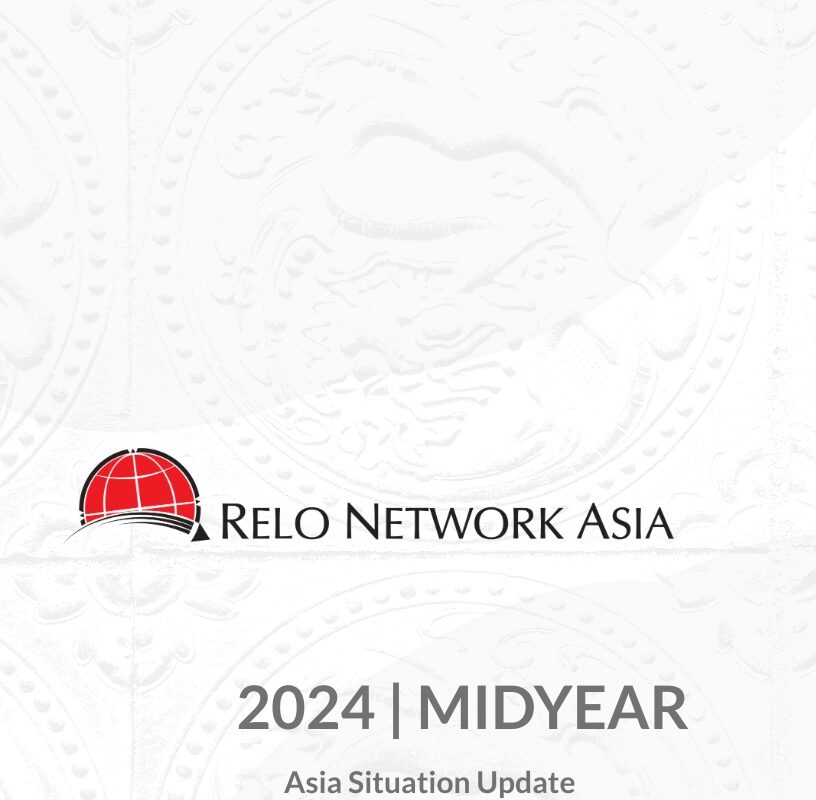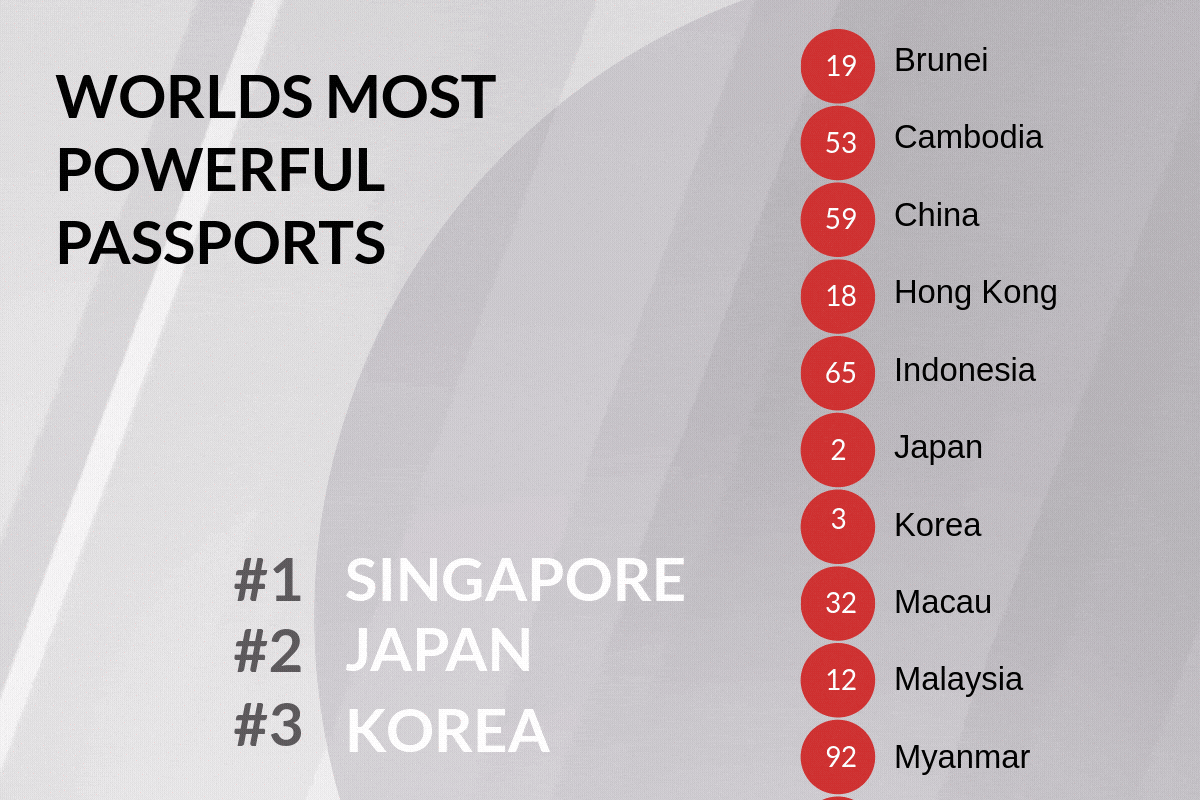As relocation professionals, we have encountered challenges related to deposit payments for securing housing under corporate leases when the payment originates outside the country.
Case in Point:
In a recent situation in Hong Kong, a deposit payment arranged by a Relocation Management Company (RMC) put an assignee’s desired property in jeopardy. The process required by the RMC included submitting documentation such as W8 forms and vendor set-up forms. Following the submission of these completed documents, the RMC’s finance team required a few more days to approve and wire the funds to the landlord.
In Hong Kong, landlords require immediate payment of a one-month holding deposit when the offer letter (or provisional tenancy agreement to secure the deal) is accepted. The delay in providing a holding deposit and meeting the landlord’s requirements kept the landlord from signing the lease and removing the property from actively being marketed to other prospective tenants.

General Lease Agreement Deposit Process in Hong Kong:
Acceptance of Offer Letter/Provisional Tenancy Agreement:
One-Month Holding Deposit: Paid to the landlord immediately upon signing the contract offer letter or provisional tenancy agreement, binding the deal. Without this payment, the property cannot be secured, and the landlord will not proceed further with the lease contract.
Formal Tenancy Agreement:
Security Deposit: This is commonly equal to 2 months rent equivalent and in come cases, three months. The latest security deposits are paid is when the property is to be handed over to the tenant, although some landlords require payment of this deposit upon signing the formal tenancy agreement or the provisional tenancy agreement or offer letter. This means the deposit can be required in 7 days or earlier.
The landlord may only sign the formal agreement and handover the property after the security deposit and first month’s rent is received and the initial holding deposit can be used to offset this amount. Failure to meet the payment deadline may delay the property handover date to a date later than the original lease commencement date.
A Universal Problem
This challenge is not limited only to Hong Kong. The Relo Network Asia team faces this situation in all of the 15 countries we serve. In practice, the overall process, from collecting the required forms to receiving the necessary deposits, can take 1-2 weeks or longer. In that timeframe, the landlord can locate another tenant who may seem more desirable because they do not have this extra requirement. In high-demand markets, the delay opens the possibility that a tenant- applicant with a higher income, an offer to pay more rent, or more desirable lease terms will present themselves.
In the cited case, the landlord had already made significant concessions, reducing the rent from the original asking rent and postponing the tenancy commencement date by al. The lease was eventually accepted, and the assignee got the apartment they wanted, but despite the efforts of the RNA team involved, it could easily have gone differently. In other cases, as happy an ending is not always achieved.
As our Relocation Specialist team perseveres through these challenges and adeptly manages landlords’ expectations, it’s crucial to acknowledge that despite our best efforts, no level of communication or assurances can entirely satisfy a landlord’s desire for expedited funds, more favorable terms, and fewer deviations from standard local practices.
Solutions
In cases where the landlord is not agreeable to a delay in the expected funds, some alternatives to mitigate the chance for an assignee to start a lease negotiation or home search again.
- Assignee pays the required upfront deposits and is reimbursed by the RMC or employer.
- RMC or employer sends required funds to Relo Network Asia, which makes a disbursement on the client’s behalf.
- Relo Network Asia advances the funds on behalf of the RMC or employer.
Additional fees are required for the additional payment support services, but the costs are far less than an extended home search.
Many thanks to our China Team of Virginia and Glenda for their alert on this issue and extensive contributions to this article.



